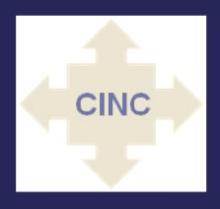Publicly Owned Network in Wisconsin Creates Taxpayer Savings
Eau Claire and Chippewa Falls worked together to build a high-capacity broadband network connecting community anchor institutions, including schools, clinics, traffic lights, and more. Called the CINC for Chippewa Valley Inter-Networking Consortium, they now have higher capacity connections, more control over their future telecom needs and budgets, and can run applications that make their operations more efficient (lessening the pressure on the tax base).
The Building Community Capacity through Broadband, a stimulus funded project, has put together a video describing what they did and how they did it. Learn more about these BCCB projects here.
As you watch the video, remember that AT&T and its industry allies want to make projects like this illegal. They want to force the schools, libraries, etc. to pay much more for slower, less reliable networks. While the WiscNet attack in June failed, telcos are still trying to create a monopoly for themselves providing these services.
The lawsuit against the project has a hearing on November 11th where the Judge may decide to dismiss the case. If the case proceeds, the bench trial will be in early January. We frequently see lawsuits like these from big carriers that do not expect to win the case but rather are just harassing any potential competition to raise the cost of challenging the incumbent. So even though BCCB will almost certainly win the case, the telco goal is mostly to threaten any community that follows the good example of these communities.



